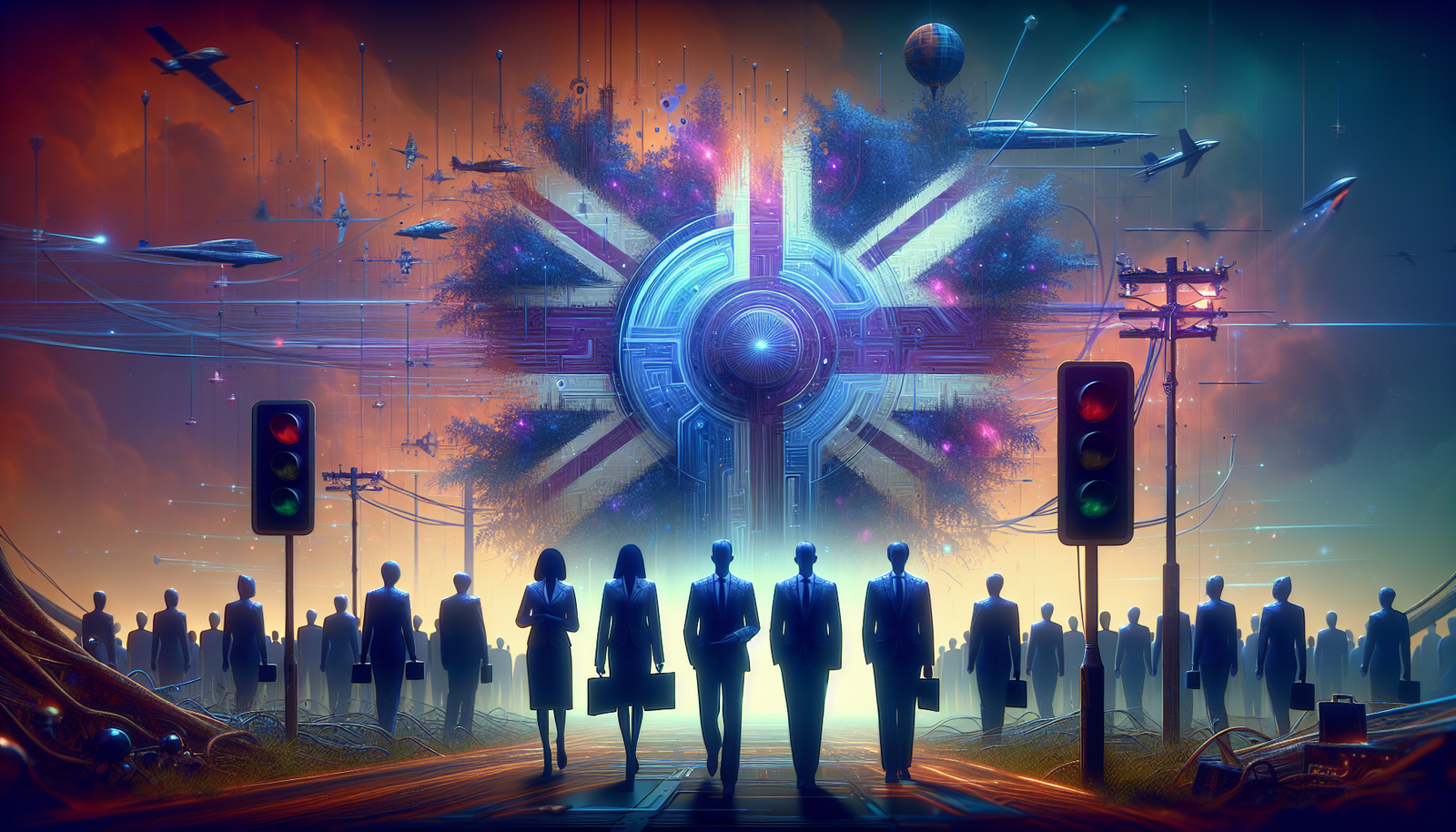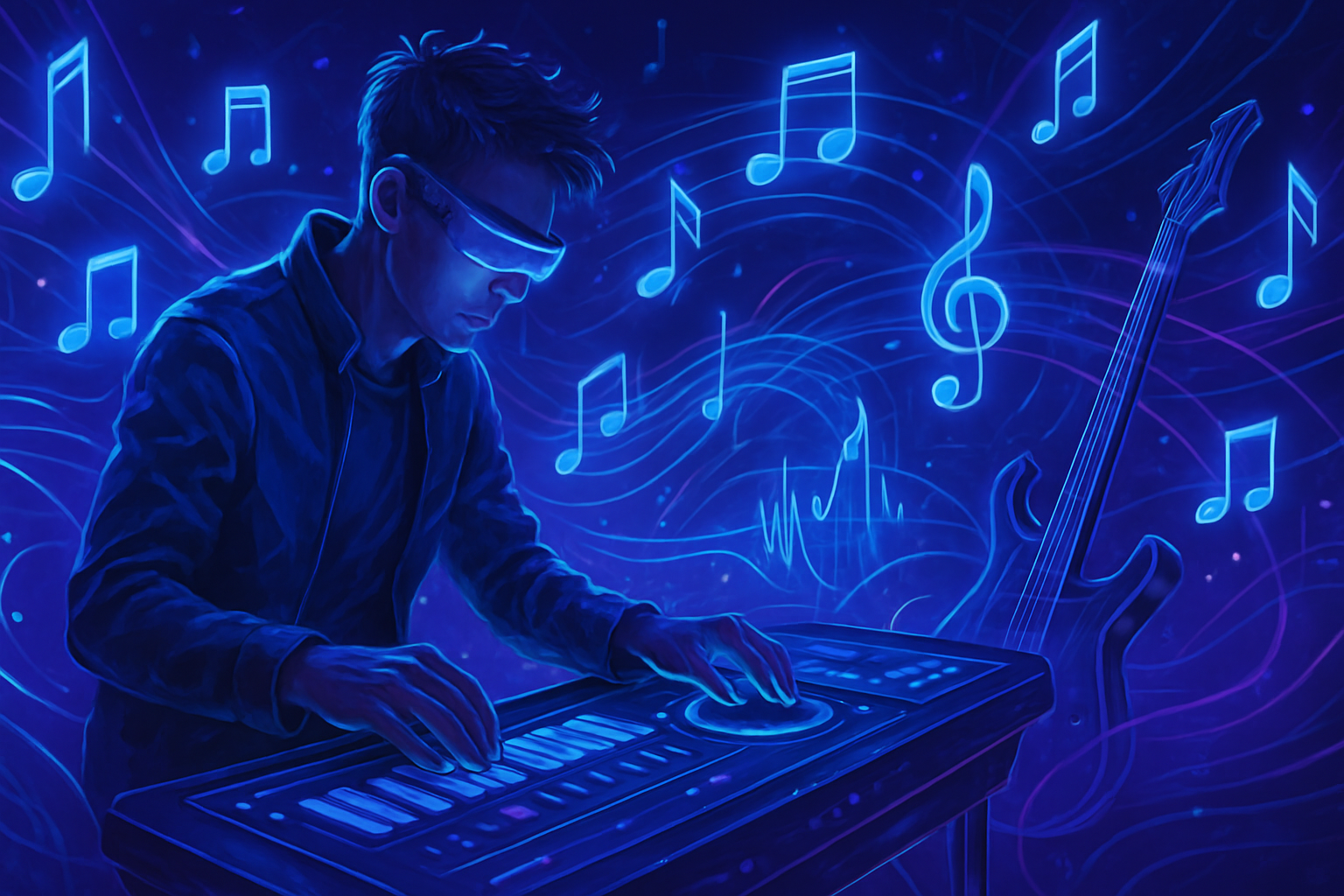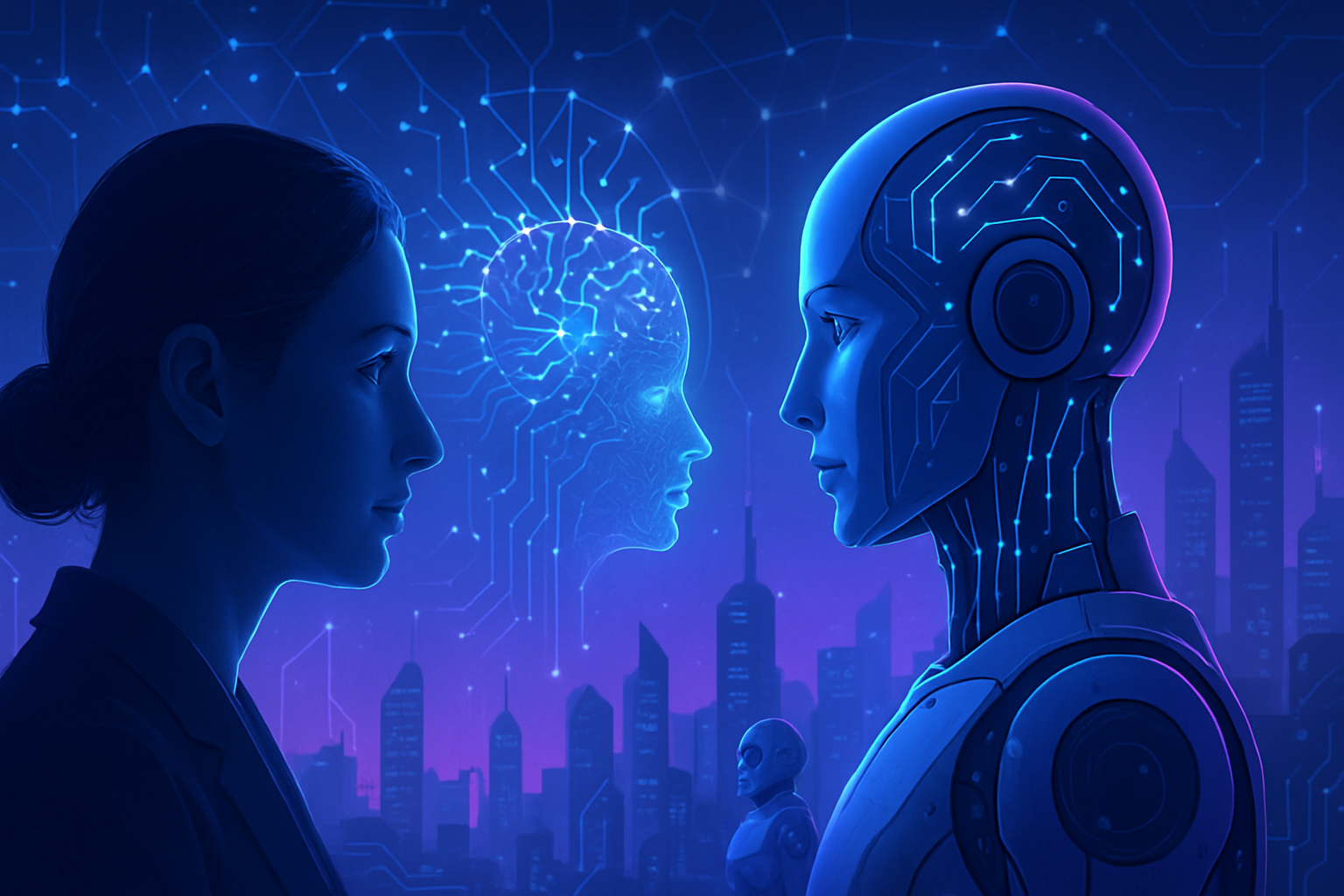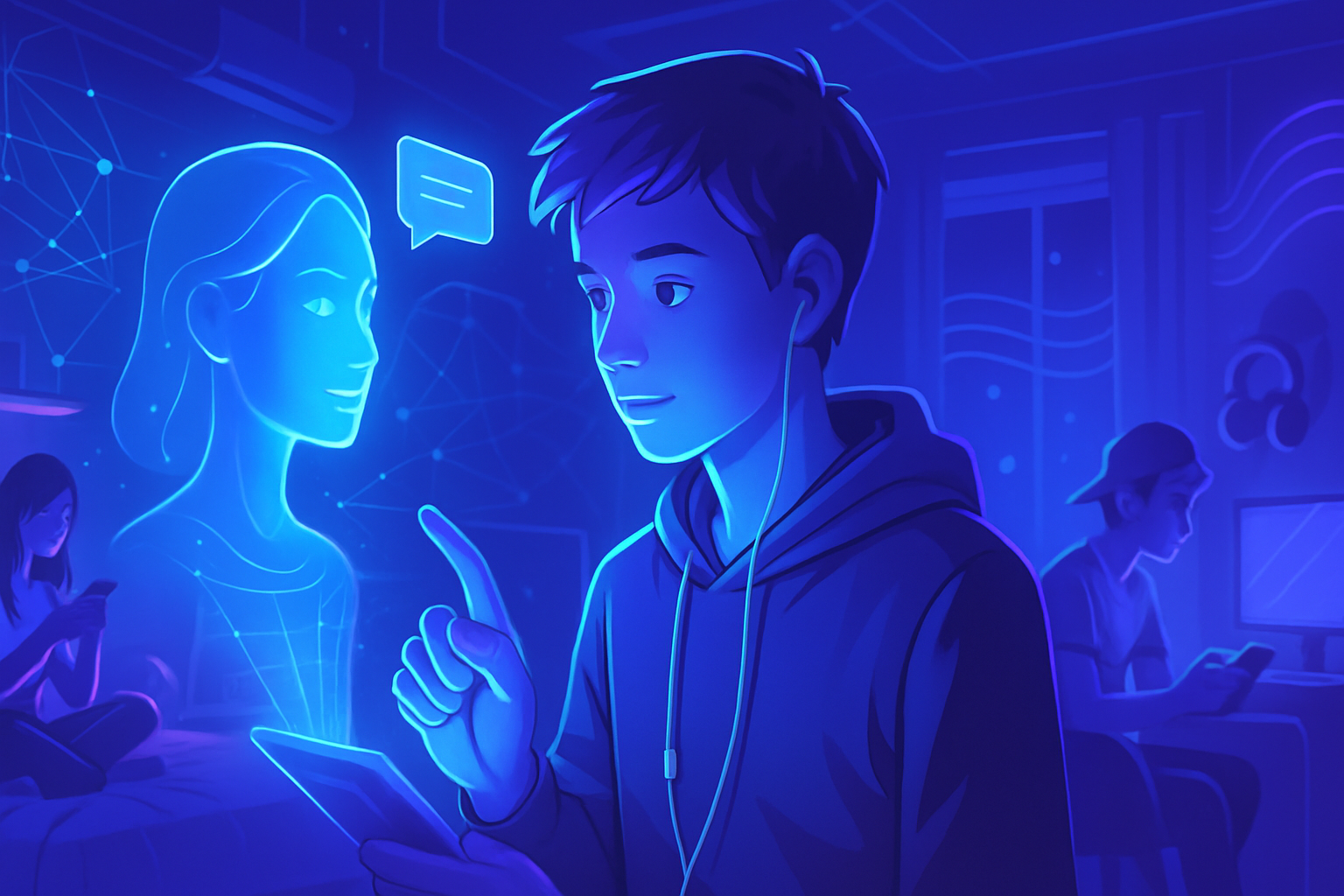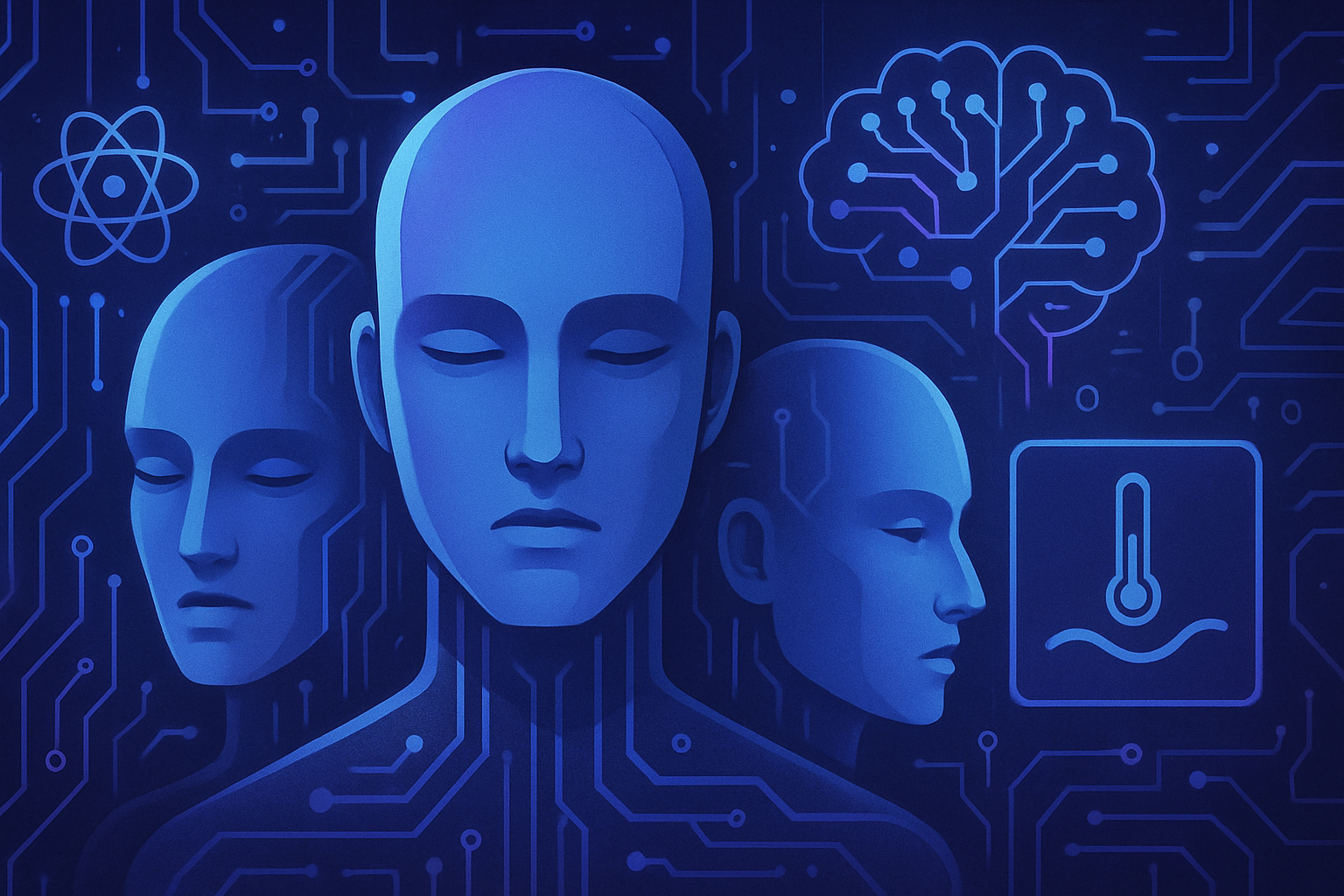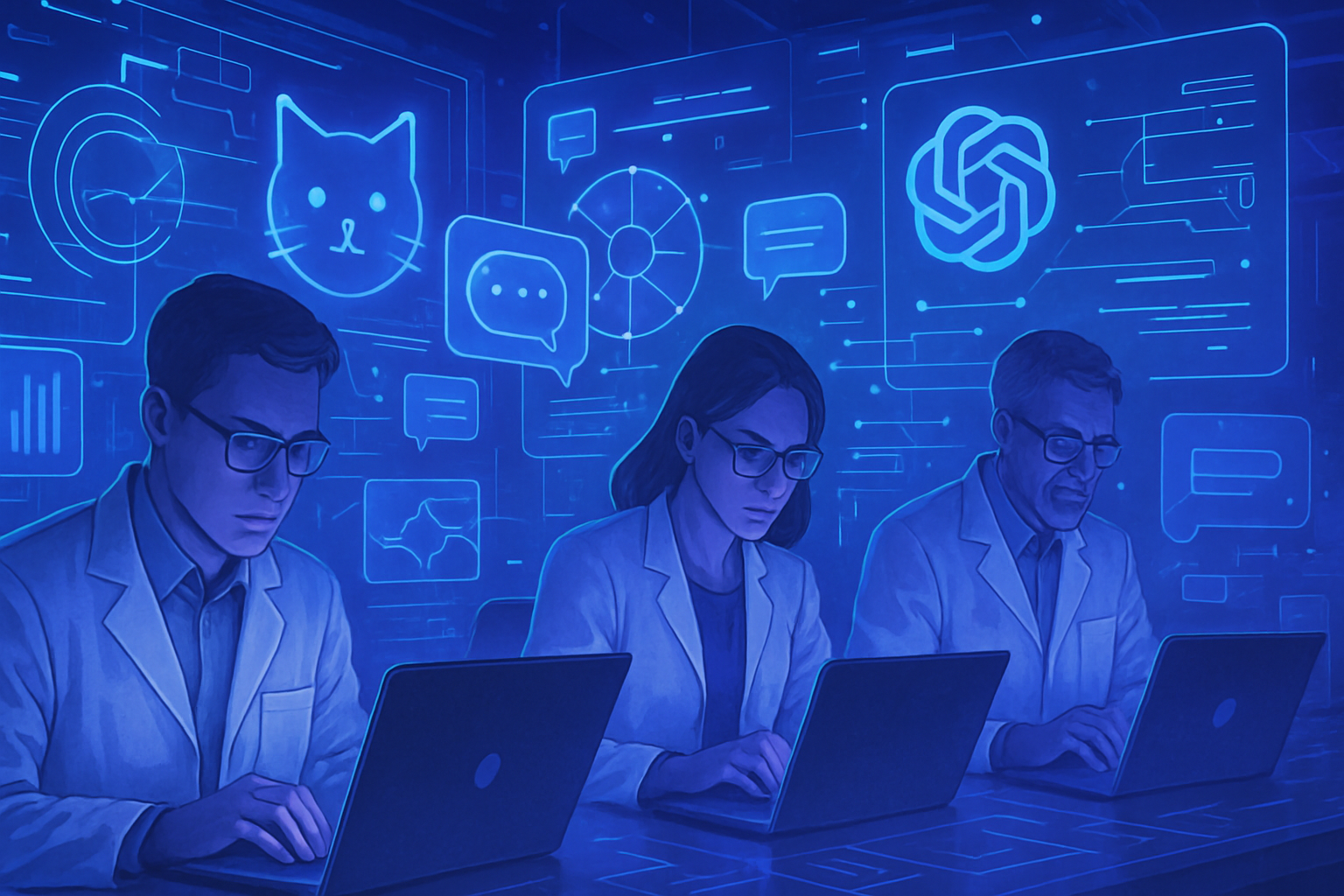Human creativity is threatened by the rise of AI.
Prominent figures like Andrew Lloyd Webber are speaking out against this troubling reality.
The plundering of art and ideas
by algorithms raises crucial ethical questions. British ministers are mobilizing to establish strong protections, ensuring respect for artists’ intellectual property. In this struggle, the impact of AI on artistic creation demands increased vigilance and collective commitment.
The Monumental Theft of AI: A Threat to Creativity
The issue of artificial intelligence is becoming increasingly concerning, especially in the field of arts and creativity. British ministers, notably Andrew Lloyd Webber and Alastair Webber, are mobilizing against the plundering of creativity generated by AI. Creators believe that new technologies exploit their works without appropriate compensation or recognition.
An Urgent Response from Cultural Leaders
Andrew Lloyd Webber, an iconic figure in British music, has spoken out about the dangers AI poses to intellectual property. He emphasizes that using artistic works to train AI models jeopardizes cultural heritage. This theft of creativity, often inadvertent, requires stringent regulation.
The Current Legal Framework
The legal framework surrounding copyright protection needs to be modernized to address the challenges posed by the advent of AI. Current legislation appears inadequate to protect artists from the dilution of their work by algorithms. Ministers have emphasized the need to establish clear standards to prevent the misappropriation of cultural creations.
Implications for Artists
Artists are increasingly vocal about the consequences of AI on their work. The fear that machines will imitate their styles without permission is growing. This situation leads not only to financial loss but also to a threat to artistic identity and authenticity.
The Government’s Initiative
The British government is considering implementing measures to protect the rights of creators in this new technological landscape. Discussions are underway to create legislation that would guarantee copyright rights adapted to the realities of AI. These initiatives aim to establish a framework of trust between artists and technology companies.
The Voice of Creators
Creators from all backgrounds are uniting to express their concerns. Collective actions, such as protests and open letters, illustrate their determination to protect their rights. Artists demand that their work be respected and that AI not be used as a means of circumventing copyright.
The Public and Media Reaction
The debate on AI and creativity is generating significant interest among the public. Numerous articles and reports highlight the concerns raised by artists. The media showcase the ethical issues related to the use of AI in the creative process, raising the question of who ultimately holds the rights to a work generated by a machine.
Steps to Follow
The engagement of ministers and artists towards effective regulation seems to be a crucial step. The development of a legislative framework that protects creators will be essential for the future of creativity in an increasingly digital world. This fight for recognition of copyright is a vital issue to ensure working conditions for artists in the era of AI.
Future Perspectives
The fight against the plundering of creativity is far from over. Political discussions and initiatives from creators must continue to establish a balance between innovation and protection of artistic rights. A future where AI coexists with artists without threatening them is possible, provided that solid foundations are laid now.
User FAQ
What is the monumental theft of AI?
The monumental theft of AI refers to the unauthorized use of artistic and intellectual creations by artificial intelligence algorithms, raising concerns about copyright protection and creator recognition.
How are British ministers responding to the plundering of creativity caused by AI?
British ministers are implementing policies and strategies to protect creators’ rights, supporting regulations that prevent the abuse of AI in the artistic field.
Has Andrew Lloyd Webber expressed specific concerns about AI?
Yes, Andrew Lloyd Webber has expressed concerns regarding the use of AI to reproduce musical works without permission, and he advocates for stronger legal protections for artists.
What are the main concerns of artists regarding AI?
Artists fear that AI could reproduce their works without credit or compensation, which could harm their careers and the value of their original work.
Are there any legislations in preparation to protect creativity against AI?
Yes, several bills are under review in the UK aimed at strengthening copyright rights and establishing clear guidelines for the use of AI in the creative field.
Why is the issue of creativity plundering particularly relevant today?
With the rapid increase in the use of AI in artistic creation, the need for effective protections for creators has never been more critical to avoid the unfair exploitation of their work.
What role do artists like Alastair Webber play in this AI debate?
Alastair Webber, with influential positions in the artistic world, actively participates in political discussions to defend creators’ rights against technological advancements in AI.
What concrete solutions are proposed to face these challenges?
Solutions include developing intellectual property laws tailored to AI technologies, enshrining artists’ moral rights in legislation, and developing tools that allow creators to control the use of their works.
